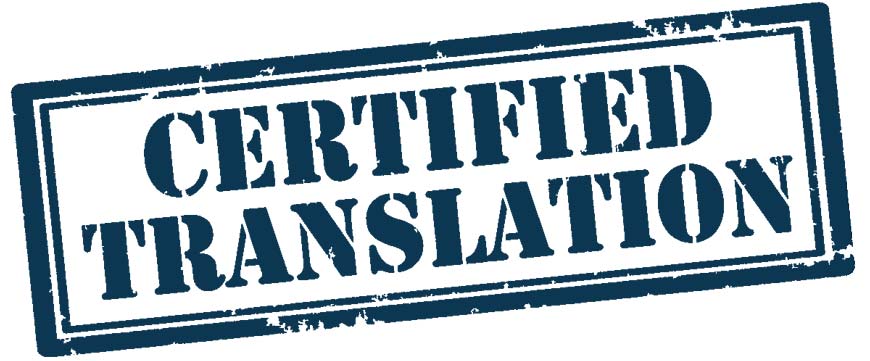The requirements for what constitutes a ‘certified’ legal translation vary significantly across different global jurisdictions, varying from exclusive recognition of documents produced by sworn translators, formally appointed by a country’s ministry of justice; to a complete absence of requirements. Unlike in technical translation, it is crucial when conducting a translation in a legal capacity that one is aware of these requirements for the relevant country, as any translated document which does not meet them will not be recognised and therefore have no legal bearing.
In particular, the requirements of a certified translation in the United Kingdom, officially recognised by all British government bodies including the Border Agency and the Home Office, are much less stringent than those in Spain. The translator need only provide their details and an accompanying statement assuring that the translation is an accurate representation of the source document. In the United States, there are officially no requirements even of this sort, and according to the Department of Labor, there exists only an informal confidence in a translator based on the level of proficiency testing they have completed, but can in theory be performed by anyone.
On the other end of the spectrum, the Spanish system requires that all translators of legal material must be appointed beforehand as a ‘sworn interpreter’ by the Ministry of Foreign Affairs, a title which is obtained by passing an official exam provided by the ministry. A complete list of sworn translators within Spain, and relevant contact details, are available for public reference, as is the case in other European countries following a similar system. Some countries, such as Mexico, have a relevant ministry of justice operating both at federal level and at state level, both of which have the power to appoint sworn interpreters through their own exam. To clarify, holding a law degree without undergoing the steps to become a sworn interpreter is not sufficient within these countries to be able to translate legal documents in a professional capacity.

Canada has a dual system, that is, a certified legal translation can be produced by those who have become sworn interpreters upon passing an exam, or an accompanying statement assuring accuracy may be made and signed by ordinary translators as in the British system. However in the latter case, an affidavit must be made where a public notary is present, before a legal translation can be officially certified.
Apart from having to meet certain domestic requirements, by the nature of these variable global regulations translated legal documents may or may not be valid in other jurisdictions with more stringent rules of certification. For example, translations issued by unsworn interpreters in the United States may be rejected by many countries within the EU, including Spain, Germany, and Italy. However, embassies and consulates within a certain jurisdiction are exempt from the regulations of their country of representation, and so under these circumstances would provide a simpler route for any process requiring a translated document.
